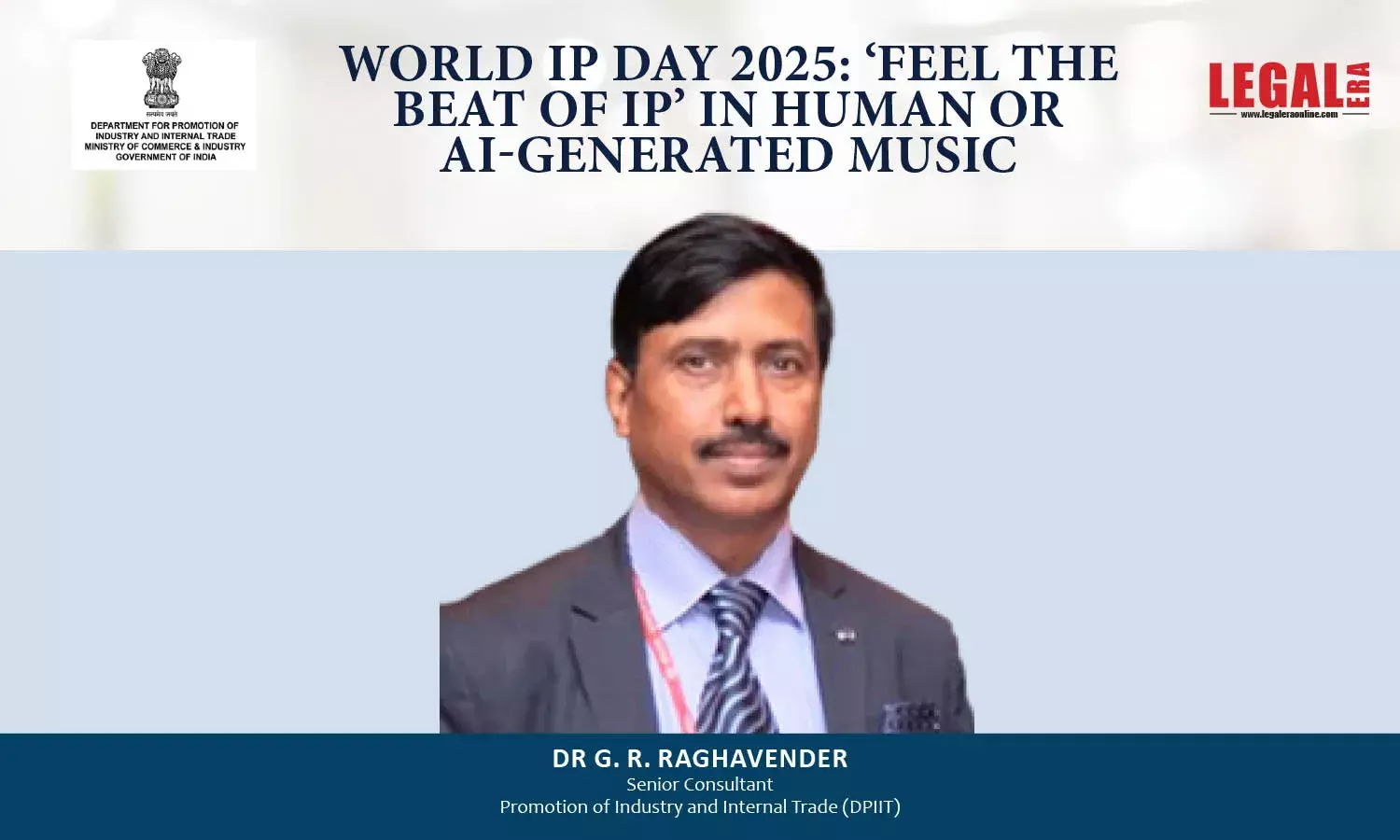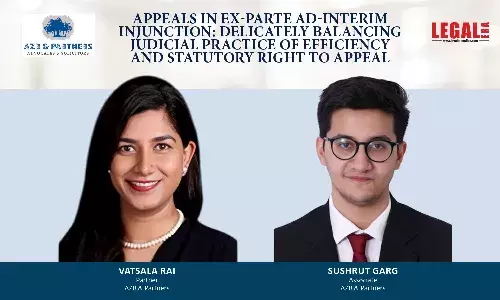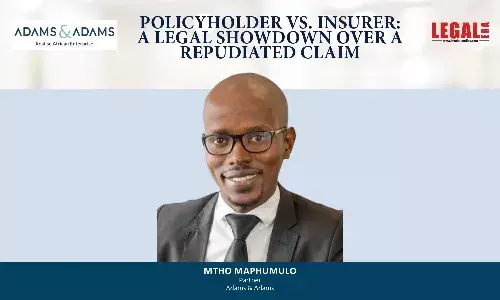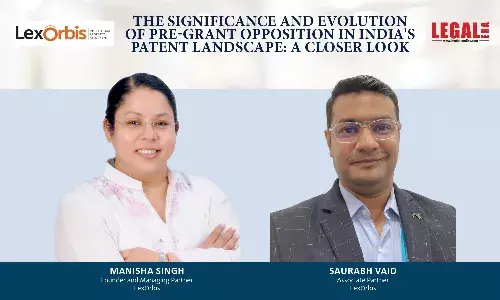Point Blank Insider Trading: An Over-the-edge Crime
From being born into a middle-class family in Kolkata to reaching the nadir of the highly competitive world of Corporate America, the story of Indian American Rajat Gupta is nothing short of legendary. With a career graph that could make the best burn with envy, Gupta, who boasts of posts like head of consultancy giant McKinsey, board seats at Goldman Sachs and Procter and Gamble and...
From being born into a middle-class family in Kolkata to reaching the nadir of the highly competitive world of Corporate America, the story of Indian American Rajat Gupta is nothing short of legendary. With a career graph that could make the best burn with envy, Gupta, who boasts of posts like head of consultancy giant McKinsey, board seats at Goldman Sachs and Procter and Gamble and special adviser to the United Nations, among other things, had accomplished in his 63 years of life what not many could have done.
The recent conviction of Rajat Gupta as an inside trader for securities fraud and conspiracy shows that federal prosecutors can win an insider trading case based largely on circumstantial evidence. It appears the jury was persuaded by wiretaps. For the two charges that he was acquitted on, the government didn't present overheard conversations of Raj Rajaratnam describing his source of inside information. Gupta was convicted on tips he made to Rajaratnam in September and October 2008 about developments at Goldman. Prosecutors had wiretaps of Rajaratnam describing his source on Goldman's board, which pointed a finger at Gupta.
In order to provide a just environment, none of the investors should have any access to the confidential information of the companies registered in the stock market. Insider trading is the use of unpublished price sensitive information about a business, to buy and/or sell stocks and bonds based on the private knowledge and to provide benefit or prevent loss for oneself or for the third parties in this way. In 2009, Securities and Exchange Commission (SEC) filed a complaint in Manhattan, charging billionaire Raj Rajaratam and his New York based hedge fund advisory firm Galleon Management LP with engaging in a massive insider trading schemes that generated more than $25 million in illicit gains. The charges resulted in Raj Rajaratnam being sentenced to 11 years of imprisonment for insider trading. He is appealing the verdict.
"Rajaratnam made it easy for Gupta to break the law," said Georges Ugeux, a former New York Stock Exchange official and now chief executive officer of New York-based Galileo Global Advisors LLC. Ugeux called Gupta the latest object lesson in what happens to business leaders who lose their bearings, "They start to believe they are so brilliant, they are so powerful, and they behave like they are above the law," Ugeux said before the verdict was handed down. "There will always be people who will go over the line, but there are others who will see the price someone like Gupta has paid, and say it's not worth it."
Defining Insider Trading
An 'insider', as defined by the Securities and Exchange Board of India (Prohibition of Insider Trading) Regulations, 1992, is: "any person who is or was connected with the company or is deemed to have been connected with the company, and who is reasonably expected to have access, by virtue of such connection, to unpublished price sensitive information in respect of securities of the company, or who has received or has had access to such unpublished price sensitive information."
'Unpublished price sensitive information' means information relating to the present or probable future state of the company that can potentially affect the value of the securities of the company in the market that has not been available to the public. By the use of such material non-public information, the insider himself, or the person to whom the information is made available to, can trade in the securities of the company for his own benefit, thus causing a loss to those who do not possess such information. Insiders can be classified into two broad categories. The first consists of the core or primary category that includes directors, senior management personnel, compliance officers, etc. The second consists of the constructive category that includes relatives, law firms, auditors, analysts, tipees, fortune finders, over hearers, etc.
Insider trading-An Over-the-edge Crime
Insider trading was not determined as a crime until the occurrence of certain events in history. The first attempts to overcome insider trading activities were in England in the 17th century when the Board of Trade took some precautions over stock transactions. In 1992, most effective actions taken on the uprising danger came in India when the Indian government put the Securities and Exchange Board of India (Prohibition of Insider Trading) Regulations, 1992 into action and established the Securities and Exchange Board of India (SEBI) to provide the enforcement of it.
Trading by an insider of a company in the shares of a company is not per se a violation of law. In fact trading by insiders, including directors, officers and employees of the company in the shares of their own company, is a positive feature which companies encourage because it aligns their interests with those of the insiders. What is prohibited is the trading by an insider in the stock of the company on the basis of unpublished price sensitive information to the exclusion of others. Insider trading, thus defined, is one of the most violent crimes on the faith of fair dealing in the market. SEBI stated that "The charge of insider trading is one of the most serious charges in relation to the securities market and having regard to the gravity of this wrong doing, higher must be the preponderance of probabilities in establishing the same."
If insider trading is allowed to go unchecked in capital markets, persons with insider information will have a consistent edge in trades executed with such information and those without the information will be consistent losers on the market.
Rajat Gupta Conviction the Insider Trading Case:
He grew up as an orphan in India before coming to the US to attend Harvard Business School, after which he joined the consulting company McKinsey, where he rose to become the managing director, the highest post. He is generally regarded as the first Indian-born CEO of a global corporation, and is a co-founder of the Indian School of Business in Hyderabad and the American India Foundation. To date, the US has brought cases against 66 traders and their sources from Wall Street to Silicon Valley. No one has won an acquittal; six cases are pending. Besides his tenure at Goldman Sachs and McKinsey, which he ran from 1994 to 2003, the Kolkata-born Gupta served on the boards of the Rockefeller Foundation and the Bill & Melinda Gates Foundation. He has raised millions of dollars for education and health-care programs, served as an adviser to the United Nations and counselled chief executives including Lloyd Blankfein of Goldman Sachs, who was a prosecution witness at the trial. "It doesn't get much higher," Scheff, who specialises in white-collar criminal investigations, said in an interview before the verdict. "The conviction sends the message that no one is off limits."
In response to the SEC initiating civil administrative action, Rajat Gupta's, almost bafflingly, aggressive response to file a suit against SEC alleging differential treatment was inviting trouble. SEC did withdraw the civil action, which seemed initially like a victory for Gupta. However this was short-lived, as SEC initiated criminal proceedings. Gupta would have almost certainly got away with a fine and a reprimand, instead of which he now faces 25 years in prison. The lesson for lawyers everywhere is so obvious.
Berjis Desai, Sr. Partner, J Sagar Associates
Rajat Gupta Conviction The Phenomenon
In order to understand the insider trading phenomenon, it is necessary to understand the evolution of principles to determine an insider in different countries. In US and Germany, insiders are defined as a company's officers, directors and any beneficial owners of more than 10% of a class of the company's equity securities. Such trades in the company's own stocks based on material non-public information are considered to be fraudulent since the insiders are violating fiduciary duty that they owe to the shareholders. The newer view of insider trading, the "misappropriation theory" is now part of US law. It states that anyone who misappropriates or steals information from their employer and trades on that information in any stock (not just the employer's stock) is guilty of being an insider.
In Re Cady, Robert and Co. case, the US Supreme Court evolved the theory of "special relationship" where it held that individuals who are outside the company could also be considered as insiders if they have a special relationship with the company. This theory was further elaborated in US v. O'Hagan, where former Minneapolis attorney James O'Hagan was accused of insider trading after he earned more than $4.3 million by trading Pillsbury stock. O'Hagan's law firm was hired by Grand Metropolitan PLC, a British company planning an attempt to take over Pillsbury.
O'Hagan's lawyer maintained his client's innocence because O'Hagan did not work for Pillsbury and owed no legal duty to the company or its stockholders. O'Hagan was convicted, but appeals kept the case in court for several years. In 1997, the Supreme Court upheld the convictions and ruled that citizens can be guilty of using inside information to buy or sell a company's securities even if they don't work for the corporation or owe it any legal duty. Justice Ruth Bader Ginsburg wrote, "It is a fair assumption that trading on the basis of material, non-public information will often involve a breach of duty of confidentiality to the bidder or the target company or their representatives."
The US legislature, after witnessing a series of unending line of scandals, passed The Sarbanes-Oxley Act in 2002 that requires directors, executive officers and large shareholders of public issuers to report transactions in the issuer's equity securities within two business days of a transaction; pre-clearance procedures for transactions in the issuer's equity securities; the responsibilities the company will take for completing filings; the requirement (or encouragement) to use a specified broker for transactions in the issuer's securities, or the certifications required from brokers, if no specific broker is required; the applicability of the rules to persons with business or family relations to the insider; and, sanctions for failure to make timely filings.
"It doesn't get much higher," Scheff, who specialises in white-collar criminal investigations, said in an interview before the verdict. "The conviction sends the message that no one is off limits."
CASE AND THE CHARGES
As a Goldman Sachs director, he passed on company secrets to his hedge fund manager friend Raj Rajaratnam, who played the markets using this information and made huge profits. Secret recordings of phone conversations between the two nailed Gupta. Gupta was so brazen about sharing Goldman secrets it sounded like "he was talking about what happened at a Yankee game yesterday," the prosecution said.
FAILED DEFENCE
Defence attorney Gary Naftalis claimed the FBI evidence created the illusion that legitimate business dealings were sinister. "That's a gambit that can bamboozle people into thinking something was proven when it wasn't," Naftalis said.
EVIDENCE:
- A July 2008 wiretap where Rajaratnam grills Gupta on whether the Goldman board had discussed acquiring a struggling bank, like Wachovia, or an insurance company
- "Have you heard anything along that line?" Rajaratnam asks Rajat Gupta. "Yeah," Gupta responds. "This was a big discussion at the board meet".
- In a 2008 chat, Rajaratnam tells a trader he got a tip "from someone on the board of Goldman Sachs".
PHONE CALL THAT PROVED GUPTA’S GUILTY:
- Govt highlighted (intercepted) a Sept 23, 2008, call from Gupta to Rajaratnam minutes after Gupta learned about how Warren Buffett's Berkshire Hathaway planned to invest $5 billion in Goldman-a deal that wouldn't be announced until stock market closed at 4 pm.
- Moments after the call ended at 3:55 pm, Rajaratnam bought $40mn in Goldman stock-a last-minute trade that earned him nearly $1 mn.
- Rajaratnam's assistant, Caryn Eisenberg, testified it was the only call her boss got on his private line that day between 3 pm and 4 pm.
PROSECUTORS ARGUED the sequence of phone calls, subsequent trades and Rajaratnam's boasting about his inside connection could not be a mere coincidence.
PROSECUTOR'S PROVED:
Prosecutors said Gupta leaked the information because he wanted Rajaratnam's help with a new fund he was starting, as well as a slice of the "extraordinary profits" at Galleon. Gupta was to become chairman of Galleon's international fund, according to the government. Rajaratnam, for instance, bumped up by $4 million Gupta's stake in a Galleon investment after Gupta told him about a Goldman Sachs board discussion held in St Petersburg, Russia, prosecutors said.
By April 2008, his net worth was $84.1 million, according to his personal banker's testimony at the trial. Gupta's relationship with Rajaratnam put him in the government's crosshairs. FBI agents listened in on a July 2008 phone call in which Gupta discussed Goldman Sachs business with Rajaratnam and the two bantered about Gupta’s interest in joining KKR & Co., the buyout firm. Even after Rajaratnam lost the $10 million, Gupta continued to leave friendly messages, wishing Rajaratnam a happy New Year in January 2009. Another McKinsey executive caught on the Rajaratnam wiretaps was Anil Kumar, who co-founded the Indian School of Business with Gupta. Kumar pleaded guilty to leaking tips to Rajaratnam, against whom he testified last year, and on June 5, Kumar took the witness stand against Gupta.
How India Tackles the 'Insider Ring'
Due to inadequate provisions of enforcement in the Companies Act, 1956, the Sachar Committee in 1979, the Patel Committee in 1986 and the Abid Hussain Committee in 1989 proposed recommendations for a separate statute regulating insider trading. The Patel committee, in 1986, in India, defined insider trading as: "Insider trading generally means trading in the shares of a company by the persons who are in the management of the company or are close to them on the basis of undisclosed price sensitive information regarding the working of the company, which they possess but which is not available to others."
The concept of insider trading in India started fermenting in the 80s and 90s and came to be known and observed extensively in the Indian Securities market. The rapidly advancing Indian Securities market needed a more comprehensive legislation to regulate the practice of insider trading, thus resulting in the formulation of the SEBI (Insider Trading) Regulations in the year 1992, which were amended in the year 2002.
The amendment requires all the listed companies, market intermediaries and advisers to follow the new regulations and also take steps in advance to prevent the practice of insider trading. The regulations include mandatory disclosures, by the directors and other officers, of listed companies and also by persons holding more than 5% of the company's shares. Insider trading practice is also required to be curbed during vital announcements of the company. These preventive measures ensure the reduction of the cases involving the practice of insider trading and also informing the persons who indulge in such practices, of the laws relating to insider trading.
Disclaimer– the views expressed are based on references from various sources & should not be consider as advice.









